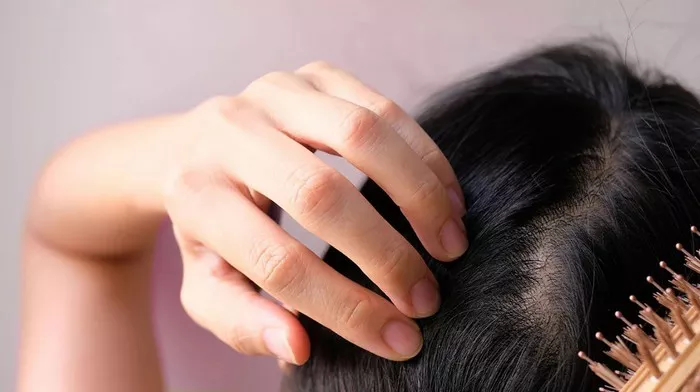In the quest for lustrous locks and a full head of hair, we often explore various factors that may influence hair loss. Among these factors, sleep plays a significant but frequently overlooked role. It’s not just about choosing the right hair products or treatments; understanding the correlation between inadequate sleep and hair loss is crucial. In this comprehensive article, we will delve into this intriguing subject, providing valuable insights that can guide you in your journey to maintain a healthy head of hair.
Sleep Deprivation and Its Impact on Hair Health
Lack of sleep is a common issue faced by many in today’s fast-paced world. Our busy schedules often lead to sacrificing precious hours of sleep, and this may have unforeseen consequences for our hair. Sleep is essential for the body’s rejuvenation and repair processes, and this extends to the hair follicles. During deep sleep, the body goes through a restorative phase, enabling cell growth and repair, including the hair follicles. Without sufficient sleep, this vital process can be disrupted, potentially leading to hair problems.
Stress and Cortisol: The Culprits Behind Hair Loss
When we don’t get enough sleep, stress levels tend to rise, and this can be detrimental to hair health. Elevated stress triggers the release of cortisol, a hormone that, when present in excess, can negatively impact hair growth. High cortisol levels can weaken hair follicles, leading to hair thinning and, in severe cases, hair loss.
Melatonin: The Sleep Hormone’s Role in Hair Growth
Melatonin, the hormone responsible for regulating our sleep-wake cycle, also plays a part in maintaining healthy hair. When we are sleep-deprived, melatonin production may be compromised, affecting not only our sleep patterns but also hair growth. It’s vital to strike a balance and ensure that you get enough rest to support optimal melatonin production.
Strategies to Improve Your Sleep and Preserve Your Hair
Now that we’ve established the link between sleep and hair loss, let’s explore some strategies to help you get a better night’s sleep and, in turn, promote healthy hair growth.
1. Prioritize a Consistent Sleep Schedule
One of the most effective ways to combat sleep deprivation and hair loss is by adhering to a consistent sleep schedule. Try to go to bed and wake up at the same times each day, even on weekends. This helps regulate your body’s internal clock and promotes better sleep quality.
2. Create a Relaxing Bedtime Routine
Design a bedtime routine that encourages relaxation and signals to your body that it’s time to wind down. This may include activities such as reading, gentle stretching, or deep breathing exercises. Avoid stimulating activities like watching TV or using electronic devices before bedtime.
3. Optimize Your Sleep Environment
Make sure your sleeping environment is conducive to restful sleep. Your bedroom should be cool, dark, and quiet. Consider investing in a comfortable mattress and pillows to enhance your sleep quality.
4. Manage Stress Effectively
Stress management is key in preventing cortisol levels from rising and affecting your hair. Practice stress-reduction techniques like meditation, yoga, or mindfulness to keep stress in check and protect your hair health.
5. Maintain a Balanced Diet
A well-balanced diet rich in essential vitamins and minerals is crucial for healthy hair. Ensure that your diet includes nutrients like biotin, zinc, and iron, which are known to promote hair growth. Additionally, staying hydrated is vital for maintaining hair health.
Seeking Professional Guidance
If you’re already experiencing hair loss or thinning and suspect it might be related to sleep deprivation, consider consulting with a healthcare professional or a dermatologist. They can help determine the underlying causes of your hair issues and recommend appropriate treatments or solutions.
See Also: Battling Hair Loss During Period: Strategies for Healthy Hair
In conclusion
While the relationship between lack of sleep and hair loss is not a straightforward one, there is a strong connection worth considering. Prioritizing good sleep hygiene and overall well-being can potentially contribute to healthier, more robust hair. By understanding the role that sleep plays in hair health and implementing the strategies outlined in this article, you can take proactive steps to preserve your hair and enjoy a good night’s sleep simultaneously. Don’t underestimate the power of sleep in maintaining your crowning glory!


